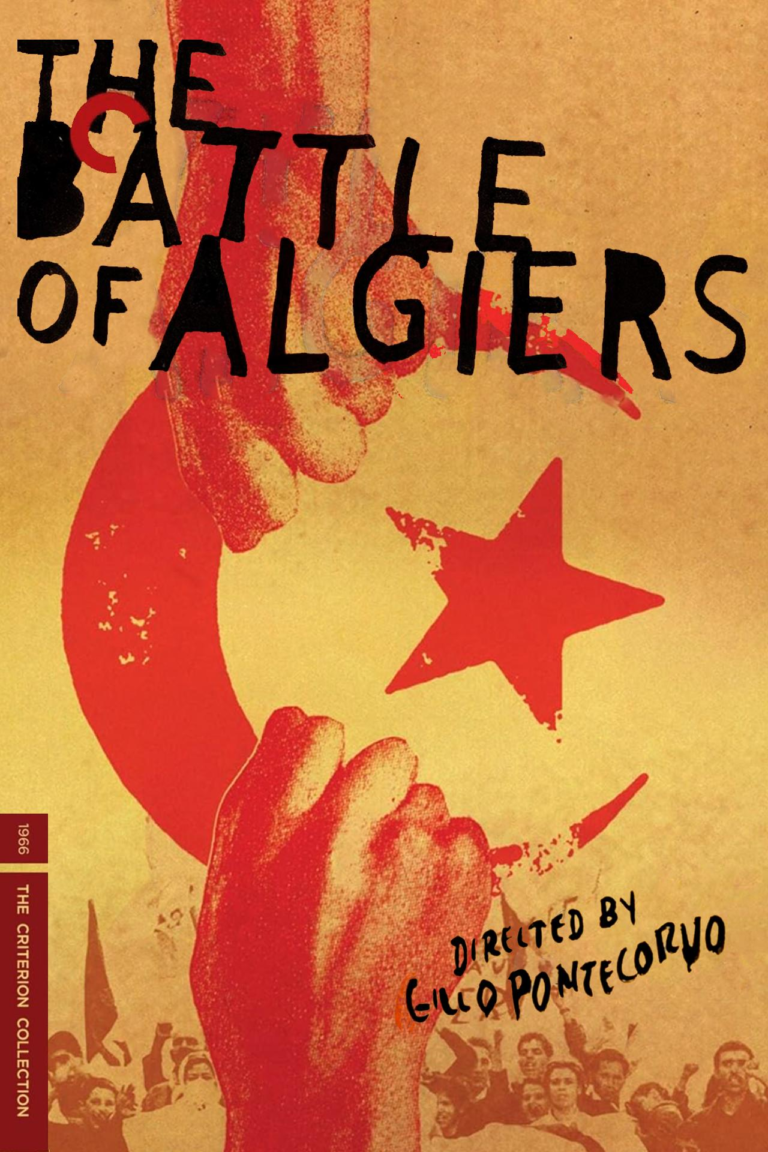Napoleon Christian Review

When Ridley Scott takes on a subject, he doesn’t tiptoe into the shallow end; he plunges headlong into the depths, unearthing every possible contradiction, ambition, and absurdity. With Napoleon, the legendary director doesn’t just aim to retell history—he dares to reinterpret it, distilling the life of one of history’s most polarizing figures into a sprawling, unpredictable cinematic experience. It’s as if Scott decided to grab the myths surrounding Napoleon Bonaparte, toss them into a blender, and serve up a concoction that’s equal parts brilliance and bafflement.
At the heart of this swirling storm of grandeur and folly is Joaquin Phoenix. His portrayal of the French emperor is, in a word, magnetic. Phoenix’s Napoleon isn’t a glossy hero or a cackling villain; he’s something far messier—and far more human.
A Leader as Conflicted as His Legacy
What do we think of when we hear the name Napoleon? Conqueror? Tyrant? Visionary? Napoleon gives us all of these but never settles on a single definition. It’s a portrait painted in shifting hues, with Phoenix leading the charge through a labyrinth of contradictions. One moment, he’s standing victorious on a battlefield, a mastermind orchestrating chaos with the precision of a symphony conductor. The next, he’s fumbling through an awkward exchange, a man undone by his own insecurities.
Phoenix doesn’t hold back. His performance is a storm of emotion and intent, as though Napoleon himself has been resurrected, not as the marble statue of history books but as a man grappling with his flaws, his ambitions, and his own warped sense of destiny. This is not the Napoleon of legend; this is Napoleon stripped bare, a man whose towering ego is as fragile as glass.
There’s a fascinating biblical undertone here. Napoleon’s relentless climb to power mirrors the age-old tale of pride leading to downfall. Proverbs 16:18 warns us: “Pride goes before destruction, a haughty spirit before a fall.” Scott seems to take this to heart, constructing a narrative where Napoleon’s brilliance and arrogance dance a deadly tango.
Ridley Scott’s Canvas of Chaos
Ridley Scott knows how to wield a camera. Gladiator proved his mastery of grandeur, and Napoleon only reinforces it. The battle scenes are massive, meticulously choreographed, and undeniably epic. But where Gladiator reveled in the heroics of its protagonist, Napoleon pulls back, inviting us to observe the chaos with a more detached, critical eye.
The spectacle is there—the thundering hooves of cavalry, the fire-lit skies of cannon fire—but Scott doesn’t let us revel in it. Instead, he underscores the futility of it all, the waste of life, and the fragility of the empire Napoleon sought to build. It’s as if the film itself is questioning whether all this bloodshed was worth it, daring us to find meaning amid the madness.
But Scott’s genius isn’t confined to the battlefield. The quieter moments—Napoleon in his private chambers, awkwardly navigating his marriage to Joséphine, or brooding over maps like a modern-day chess player—are just as captivating. These scenes peel back the layers of myth and reveal the man beneath, a man grappling with the weight of his own ambition.
Humor Amidst the Gravitas
What truly sets Napoleon apart from other historical dramas is its surprising humor. Yes, you read that right. This is a Ridley Scott epic with jokes—not laugh-out-loud comedy, but a sharp, dark wit that punctuates the film’s heavier moments.
Napoleon’s interactions with those around him often carry an undercurrent of absurdity. Whether it’s his overconfidence or his inability to see his own flaws, there’s something almost tragicomic about his journey. This humor doesn’t undermine the film’s gravitas; it enhances it, adding a layer of humanity to a character often shrouded in legend.
As Christians, this humor reminds us of an important truth: even the mightiest figures are, at their core, human. Napoleon may have reshaped Europe, but he was still a man—flawed, fragile, and in desperate need of grace.
The Tension Between Fact and Fiction
If you’re a stickler for historical accuracy, Napoleon might leave you frustrated. Scott takes liberties with events, crafting a narrative that prioritizes thematic depth over strict adherence to facts. But this isn’t a history lesson; it’s a meditation on power, ambition, and the human condition.
The film’s creative liberties serve a purpose. By focusing on the essence of Napoleon rather than the minutiae of his life, Scott invites us to wrestle with larger questions. What drives a man to seek ultimate power? What happens when ambition outpaces morality? These questions linger long after the credits roll, offering a more profound takeaway than any history book could provide.
Power, Pride, and the Weight of Legacy
One of the most compelling aspects of Napoleon is its exploration of legacy. For all his conquests, the film portrays Napoleon as a man haunted by the fear of irrelevance. His victories are monumental, but they’re also fleeting, overshadowed by his personal failings and the ephemeral nature of power.
This theme hits particularly hard from a Christian perspective. Scripture repeatedly warns against placing our trust in earthly power. Psalm 146:3 advises, “Do not put your trust in princes, in human beings, who cannot save.” Napoleon drives this point home, showing us a man who achieved everything he could dream of, only to find himself undone by his own hubris.
A Cinematic Balancing Act
What makes Napoleon so fascinating is its refusal to pick a side. It doesn’t glorify its subject, nor does it outright condemn him. Instead, it presents a nuanced portrait, leaving the audience to wrestle with their own judgments. This balance is rare in modern cinema, where historical figures are often reduced to heroes or villains.
For Christians, this approach feels especially resonant. We’re reminded that all people, no matter how great or flawed, are created in God’s image. Napoleon’s story is a testament to the complexity of human nature—a reminder that even the most powerful figures are, at their core, just as fallible as the rest of us.
The Verdict
Ridley Scott’s Napoleon is a film of contradictions, much like its subject. It’s grand yet intimate, humorous yet heavy, accurate yet imaginative. Joaquin Phoenix delivers a performance for the ages, anchoring a narrative that is as much about the man as it is about the myths that surround him.
While it may not satisfy those seeking a traditional historical epic, Napoleon offers something far more valuable: a deeply human story that challenges us to reflect on our own lives, ambitions, and faith.
Rating: 8/10
A bold, unorthodox take on a towering historical figure, Napoleon is a cinematic triumph that balances spectacle with substance. It’s a film that lingers in the mind, inviting us to wrestle with the complexities of power, pride, and the fragile nature of legacy.






